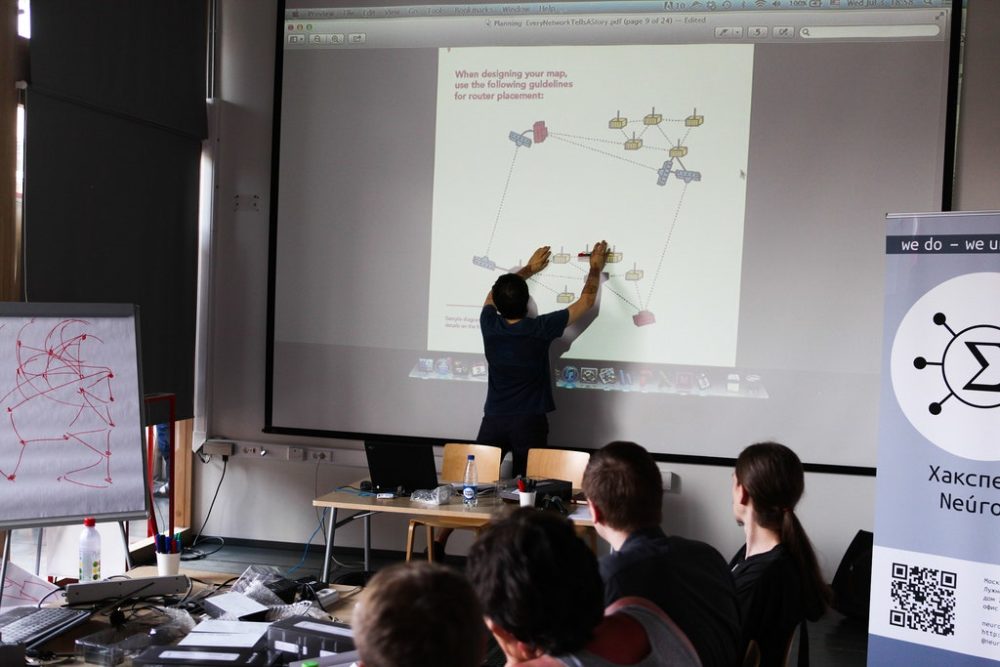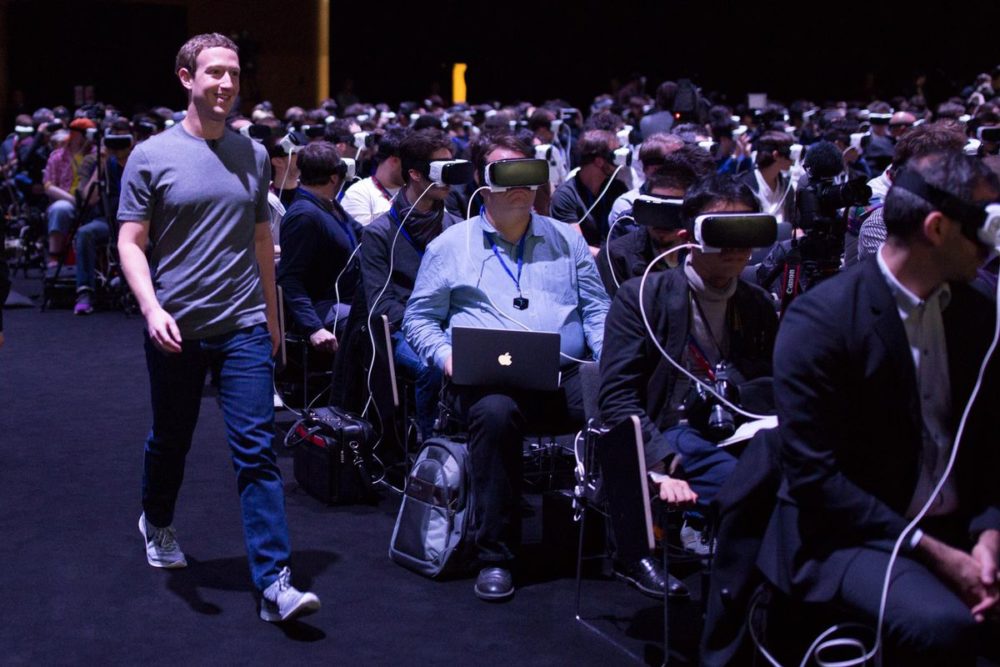India is one of the largest “digital economies”. Confronted with state and corporate control of digital infrastructures, it is seeing an abundance of “gig work” (temporary employment) and platform-based economies that promise new opportunities for entrepreneurship and labor. Meanwhile, AI based solutions are already being tested to replace human interaction and labor for repetitive and predictable work across industries. Over a billion identities in India are digitized today and over a 100 million amongst these participate in digital economies as consumers every day, with the government’s vocal intentions to bridge this disparity with socio-technical imaginaries of urgent last mile connectivity. However, technology based solutions still have mostly reestablished and expanded existing inequities and power relations of capital, gender and human exceptionalism. Instead of offering accountability, accessibility and opportunity, these socio-technical imaginaries act as tools for resource and customer acquisition for power and capital. As countries and economies accelerate further and compete to become attractive global marketplaces, they leave key ethical, social and ecological concerns behind. How do we encode and inscribe sustainability, ethics and care within our techno-social relations and digitopian imaginaries of the future? What role can governance and citizens play in enabling these imaginaries?
More information on the event and videos of the talks on hkw.de:
#Coding
With Anja Kovacs and Felix Stalder
This “visual storyline” developed from the proposition to explore the political potential of using the Future Perfect as a temporal positional device —specifically by speculating on “what we will have been”, if and when our histories will be written. Looking at state- and corporate-controlled digital infrastructures in India, the piece was set against the political climate at the time of the New Alphabet School’s CODING edition in Delhi in January 2020, when peaceful demonstrators against the ruling party’s newly passed “Citizenship Amendment Act” (which violated the consitution’s secular principles by refusing Indian citizenship to certain groups of migrants, particularly those with Muslim backgrounds) were threatened by drone cameras and other state-surveillance measures, followed by numerous disappearances, as well as “unofficial” violent and deadly retaliations against protestors. The “visual storyline” speculates a future in which citizens learn to use artistic and technological means to bypass state-surveillance visual identification measures, creating new forms of (queer) subjectivity resulting from the blurring of individuals with their environment.
read moreIn this essay media anthropologist Shannon Mattern reflects on our everyday encounter with ‘visible’ and ‘invisible’ infrastructures — from the past and as they are being imagined, designed and developed today. The built and visible infrastructures that surround us extend to include an entangled ecosystem of soft infrastructure of people, labor, relationships, trust, resistance, and protocols. She stresses on the need for artists, designers, individuals, and collectives to work towards making their infrastructural ecosystem apparent, thereby inviting the possibility of addressing fundamental design concerns and producing necessary critical structures and systems. These structures offer a frame for considered critical responses to the asymmetry and extractivism embedded in the materialization of our digital and social ecosystems through generative, accessible, distributed logics that span across building learning communities and networked social action, to open source or customized design solutions, models and frameworks. Hence, Shannon Mattern encourages artists and designers to go beyond the mere representation of infrastructure and tackle the design of infrastructures themselves, in order to make these generative systems more accessible, intelligible, and just.
read moreIn this revised version of his talk as part of the New Alphabet School #3 Coding in New Delhi, the media theorist Felix Stalder asks the crucial question: What if technology is not a progressive force, but rather a conservative force – extending and deepening existing forms of oppression and exploitation, by creating new types of opacity, new areas of dispossession, and new types of dependencies?
->
read moreThis visual essay by the artist and researcher Kamran Behrouz was presented at the workshop: Code, Layers, Infrastructures as part of the New Alphabet School #3 Coding at the Common Room Foundation, New Delhi.
->
read more


